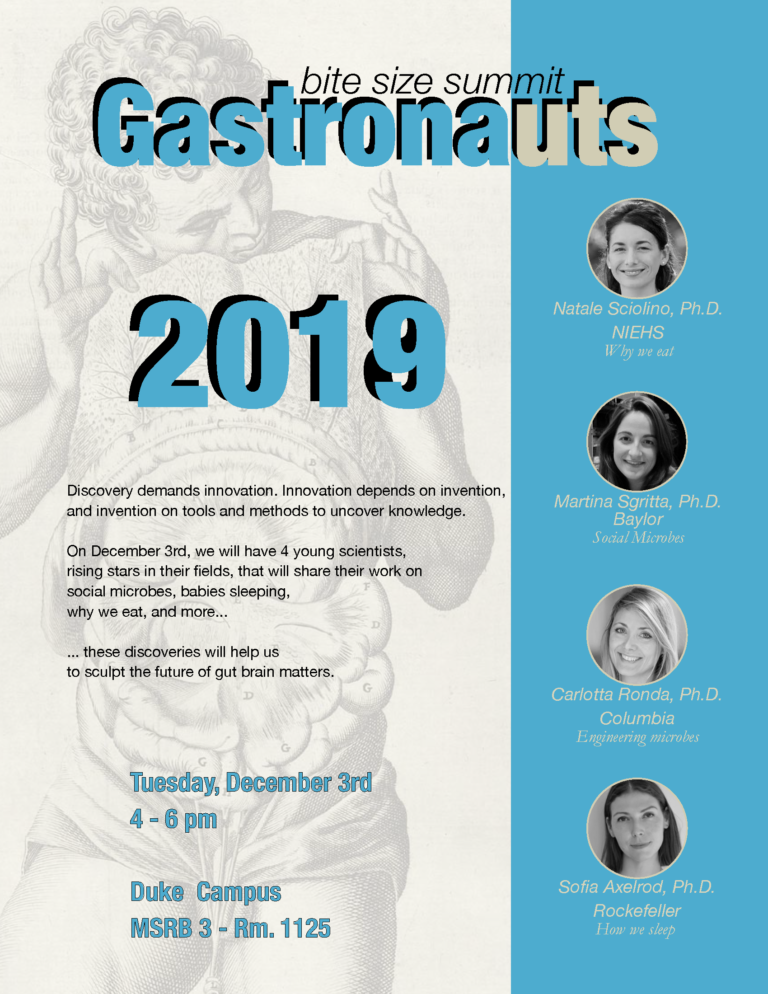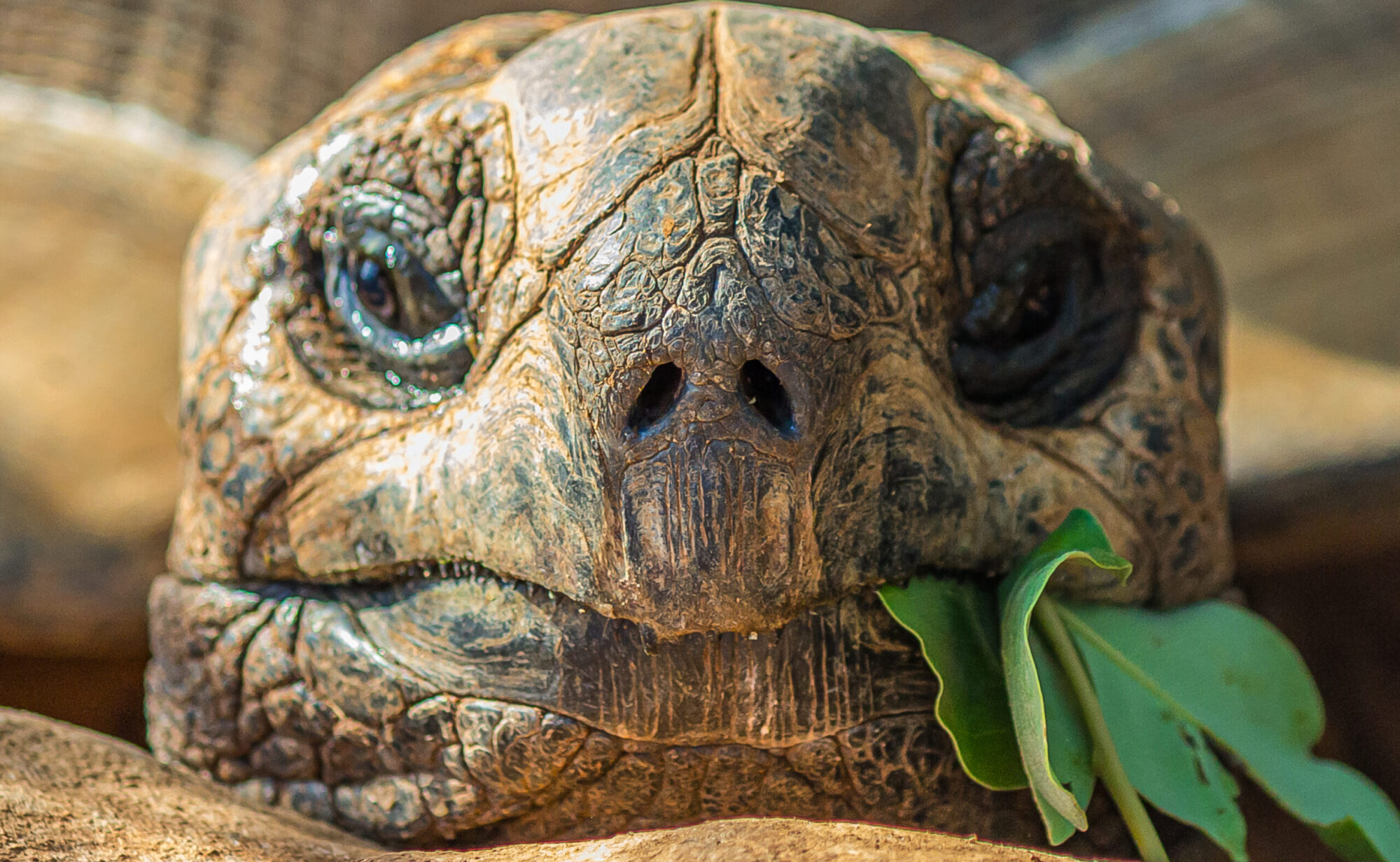Season 5 of Gastronauts presented a challenge for us all as we learned what science means during a global pandemic.
September 2019: Microbes and metabolism
Gary Wu, M.D., Ferdinand G. Weisbrod Professor in Gastroenterology at the Perelman School of Medicine at the University of Pennsylvania. The research programs in the Wu laboratory focus on the mutualistic interactions between the gut microbiota and the host with a particular focus on metabolism.
October 2019: Sensing pain in the gut
Jim Bayrer, M.D., Assistant Professor of Pediatrics at the University of California, San Francisco. As a practicing pediatric gastroenterologist and physician scientist, his work focuses on the mechanisms underlying diseases like inflammatory bowel disease (IBD) and irritable bowel syndrome (IBS).
November 2019: Regulating food intake
Gary J. Schwartz, Ph.D., professor of medicine, neuroscience, and psychiatry at the Albert Einstein College of Medicine. His lab studies how the gut and the brain interact with each other to regulate food intake and associated metabolic processes.
December 2019 – Bite Size Summit

January 2020: Remembering the gut
Scott Kanoski, Ph.D., Associate Professor in the Department of Biological Sciences at the University of Southern California. His laboratory’s research goal is to discover the neural systems and psychological processes that control energy balance, with a particular focus on understanding the neurobiological substrates that regulate obesity-promoting behaviors such as food impulsivity and environmental cue-induced feeding.
February 2020: Neonatal development of ingestion
Marcelo Dietrich, Ph.D., Assistant Professor of Comparative Medicine and Neuroscience at Yale University. His research program focuses on the molecular and cellular mechanisms that play a role in behavior and how these processes are regulated by energy metabolism.
March 2020: Movement in the gut
Julia Kaltschmidt, Ph.D., Wu Tsai Neurosciences Institute Faculty Scholar and an Associate Professor in the Department of Neurosurgery at Stanford Medical School. Her lab’s goal is to understand the molecular basis of neuronal circuit formation. They are particularly interested in circuits that underlie locomotion, sexual function and gut motility.
